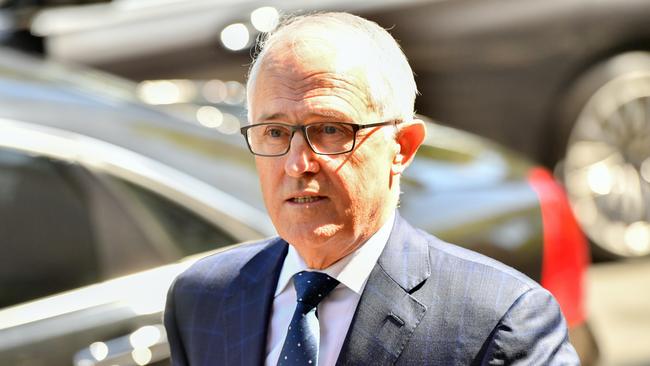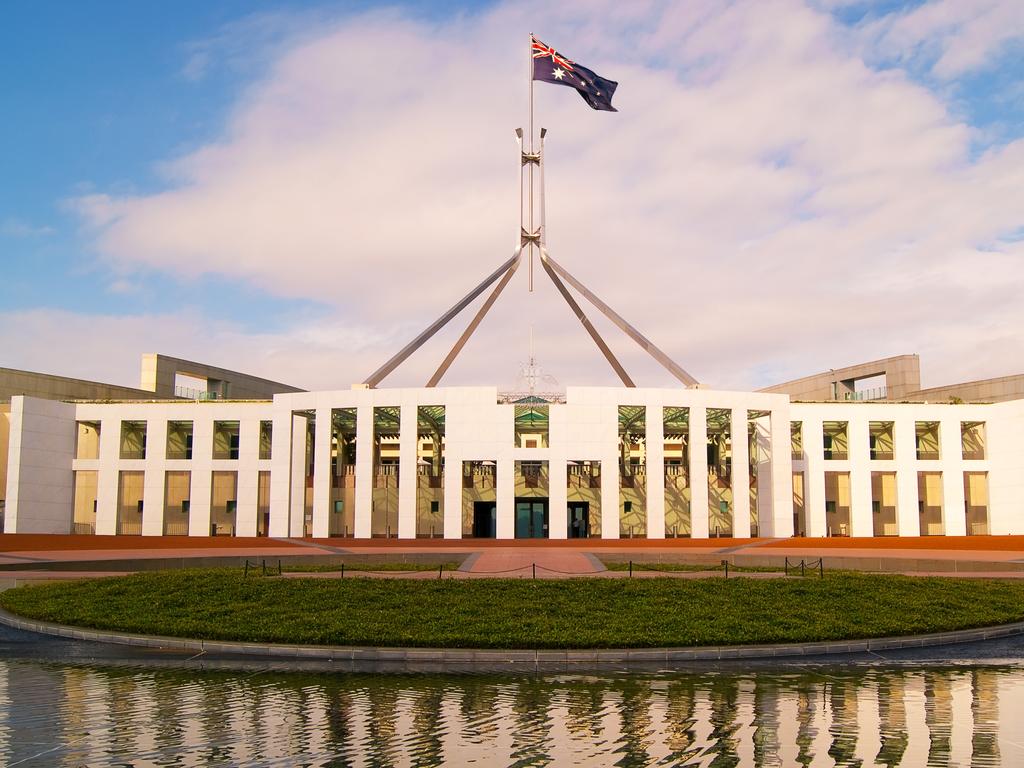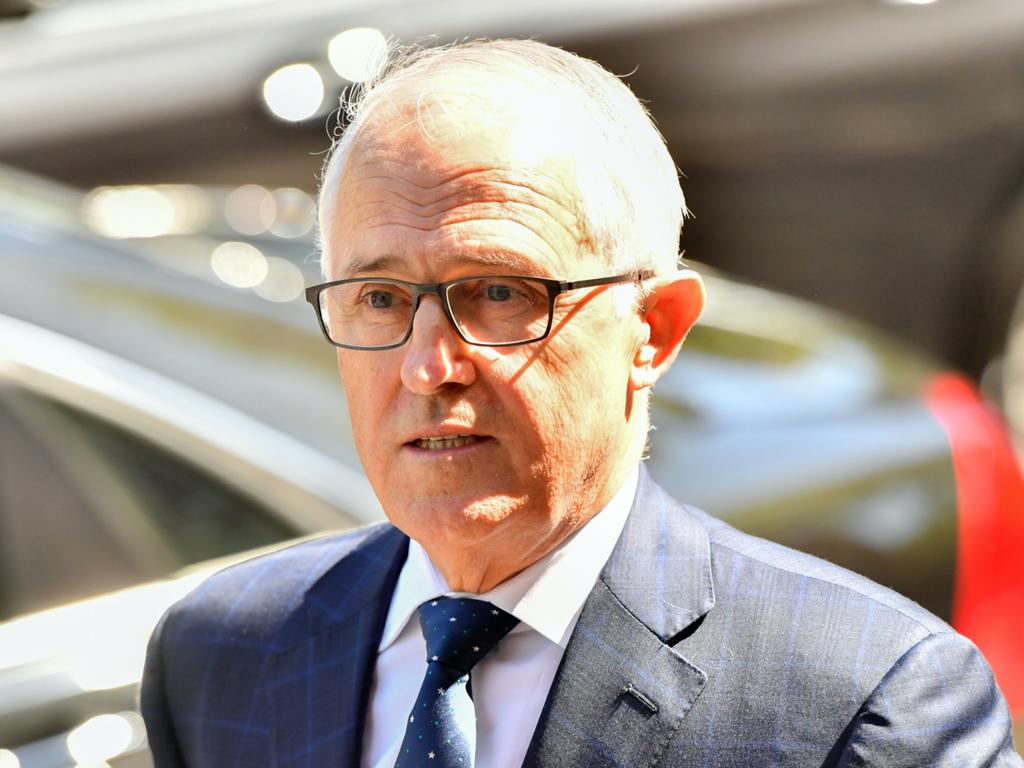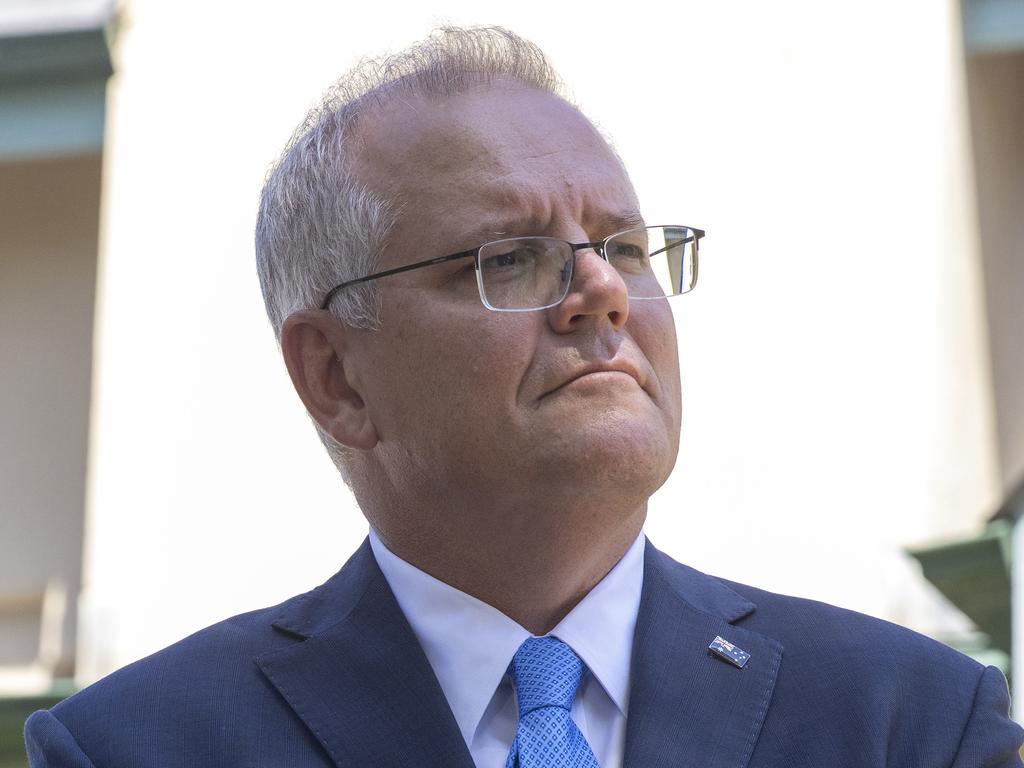
And that’s not how they have been behaving in this febrile, highly politicised few weeks.
Parliamentarians, politicians, media and victims’ advocates all have a template based on their behaviour when Bill Shorten — who had been subjected to a decades-old rape allegation — was told Victoria Police would not proceed with the case for lack of evidence and identified himself.
The then opposition leader said how terrible it had been, how abhorrent the allegation was and how it was untrue.
It was a difficult but correct decision and it received the correct and proper response from his colleagues, the media, the then prime minister and his political opponents, including Malcolm Turnbull.
But the lead-up to the dismissal of the allegations against Shorten was entirely different to the circumstances facing the current cabinet minister.
When the allegation was made against Shorten and police began to investigate, there were no anonymous calls for action, no letters to Labor leaders and frontbenchers, no allegations on the ABC and no calls for him to step aside.
When the police investigation into the allegations was first reported, there was no name of the alleged perpetrator — only that it was a “senior Labor figure”.
There were no calls for the person to self-identify, no calls for someone to stand down from their position, no broadcast of the evidence and no suggestions that anyone but the police should deal with the matter.
Shorten had co-operated with police, denied the claims about the event and gained the full support of Labor and Coalition MPs.
Turnbull, then communications minister, said Shorten did the right thing in coming forward and sympathised with how terrible it would have been facing an “unjust accusation”.
Tony Abbott, as prime minister, said there had been allegations “in the ether” and Shorten had done the best thing.
Tanya Plibersek, then the deputy Labor leader, said it was time to “draw a line under” the events because it had been so stressful for Shorten.
There were no calls for an independent investigation, no complaints from Labor frontbenchers, no point scoring in parliament and no suggestion that leaving the matter to the police was not the right thing to do.
Even when the complainant sought to revive the allegations in the final days of the 2019 election campaign — by going to the police seeking a reopening of the case — the media barely reported it and Plibersek, Kristina Keneally and Penny Wong all continued on the campaign trail with Shorten without comment.
That’s how everyone behaved then: accepting the police decision; not politicising a sexual allegation; not denying Shorten’s word and not calling for a removal from office. Let’s see how they behave now.








Now that the NSW Police have announced they are closing the case on historical rape allegations against a cabinet minister in the Morrison government, some prominent politicians and the media have a clear precedent on how to behave.